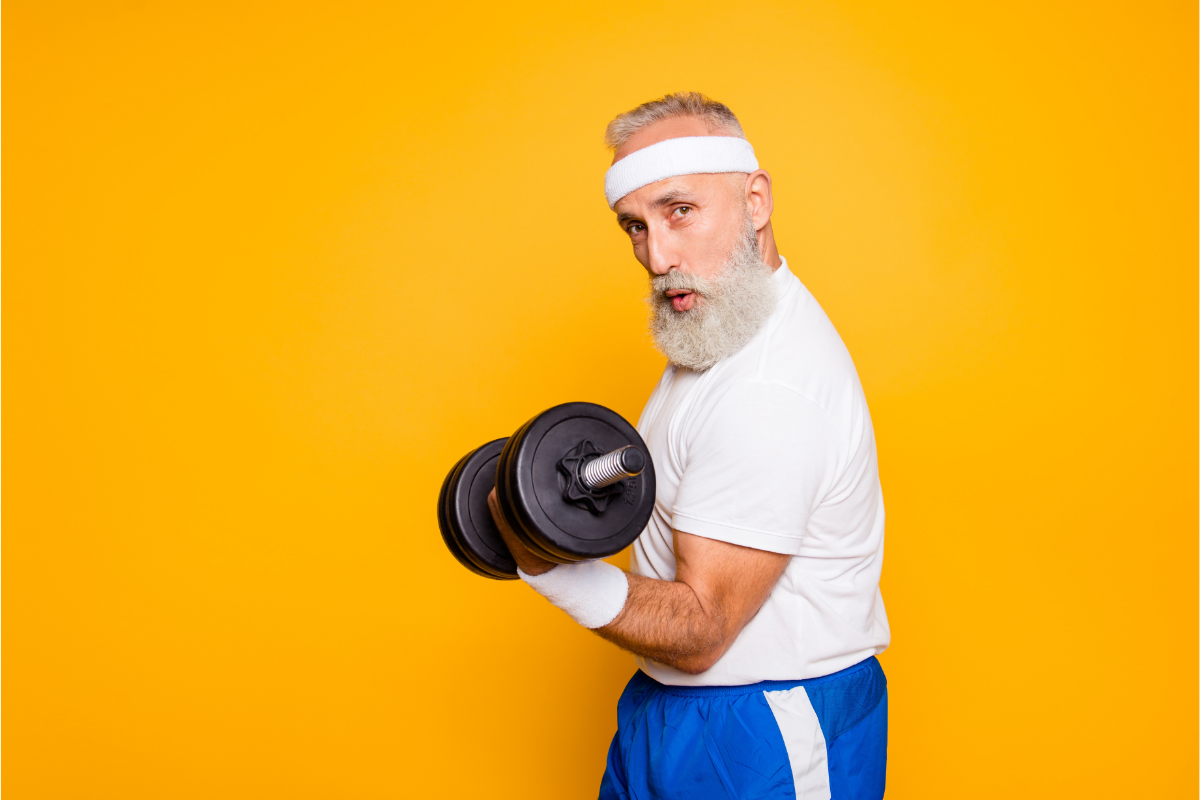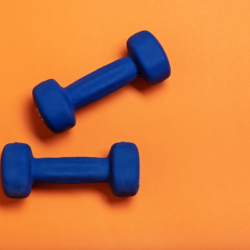For many people, jet lag is a nightmare. This unpleasant sensation that grips us after a long-haul flight can seriously hamper our travel plans or our performance at work. But did you know that sport could be the key to stopping jetlag? In this article, we’ll explore how to stop jetlag through sport, drawing on scientific research and suggesting effective training strategies.
Jet lag and the human body
Understanding jet lag first requires an understanding of the human biological clock. Our bodies follow a 24-hour cycle called the ‘circadian rhythm’, which regulates our sleep, eating and other bodily functions. When we travel across time zones, this clock is disrupted, leading to symptoms of jet lag.
How can sport help with jetlag?
Exercise is a powerful tool that can help our bodies adapt to a new time zone. Here’s how it works.
Melatonin stimulation through exercise
Melatonin, often called the sleep hormone, is produced by our bodies when daylight begins to fade. It helps regulate our sleep-wake cycle, signalling when it’s time to sleep. When we travel across time zones, melatonin production can get out of sync, which can cause jet lag.
Sport, on the other hand, can stimulate the production of this essential hormone. Several studies have shown that regular exercise can increase melatonin production, which can help regulate our biological clock. What’s more, exercise can also help promote deeper, more restful sleep, which can improve sleep quality.
Synchronising the internal clock with the new time zone
As mentioned above, sport can be an effective tool to help our bodies adapt to a new time zone. Physical exercise, particularly if done outdoors in daylight, can help to reset our body clock. For example, going for a morning run in the new time zone can help synchronise our internal clock with the local time.
Improved sleep quality and reduced symptoms of jet lag
As well as regulating our sleep-wake cycle, exercise can also have a positive impact on other symptoms of jet lag. Exercise can help reduce fatigue, improve mood and increase energy – all key factors in feeling good after a long flight. What’s more, exercise can also help manage other common symptoms of jet lag, such as digestive problems.
What sports should I do and when?
The type and timing of exercise can have a significant impact on the effectiveness of sport in combating jet lag. Here are a few tips to help you optimise your exercise routine to minimise the effects of jet lag.
Choose the right type of exercise
It’s best to choose a type of exercise that stimulates your heart rate and is sufficiently intense to induce fatigue. Sports such as running, cycling, swimming or yoga can be excellent options. Not only are these sports excellent for increasing your heart rate, but they can also help relieve stress, which can improve the quality of your sleep.
When to exercise
The timing of sports can also play a crucial role in combating jet lag. As mentioned above, research suggests that exercise in the morning can help to advance the internal clock, while exercise in the evening can delay it. So if you’re travelling east (where time moves forward), it would be best to exercise in the morning in the new time zone. Conversely, if you’re travelling west (where time moves backwards), evening exercise may be more beneficial.
Exercise outdoors
If possible, try to exercise outdoors. Daylight can help reset your body clock and help you adapt more quickly to the new time zone. What’s more, outdoor exercise can also help boost your mood and reduce stress, which can be particularly beneficial after a long flight.
The role of sport in regulating the body clock
Sport has a significant impact on our biological clock. Physical exercise stimulates the production of melatonin, the hormone that regulates our circadian rhythm. When we exercise, our bodies produce more melatonin, which helps us to fall asleep more easily and sleep more soundly. This is particularly useful when we travel across several time zones and our circadian rhythm is disrupted.
Scientific evidence
Several studies support the idea that sport can help combat jet lag. For example, a study published in the Journal of Physiology showed that exercise can reset the internal clock in mice. Another study, published in the Journal of Clinical Endocrinology & Metabolism, found that exercise can increase melatonin production in humans, which can help reset the circadian clock.
Impact of exercise time
Interestingly, the time of day we exercise can also have an impact on our body clock. A 2019 study published in the Journal of Physiology found that exercising in the morning can advance our internal clock, while exercising in the evening can delay it. This suggests that the timing of exercise can be strategically used to help adjust our internal clock to a new time zone.
The importance of exercise intensity
The intensity of exercise can also play a role. Research published in theAmerican Journal of Physiology found that high-intensity exercise had a more significant effect on circadian rhythm than low-intensity exercise. This means that, to combat jet lag effectively, it may be more beneficial to do an intense workout rather than opt for light exercise.
These scientific findings reinforce the idea that sport can be a valuable tool in our fight against jet lag. By understanding how sport affects our biological clock, we can use it to our advantage to minimise the effects of jet lag.
FAQ
- Are all types of exercise effective in combating jet lag? No, not all exercise is equal when it comes to combating jet lag. Certain types of exercise, such as cardio, can be particularly beneficial.
- When should I exercise to help combat jet lag? The time of day at which you exercise can have a significant impact on your ability to combat jet lag. In general, it’s best to exercise in the morning in your new time zone.
- Can sport really stop jetlag? Yes, a great deal of research has shown that exercise can help to reset the circadian clock, thus helping to combat jet lag.







